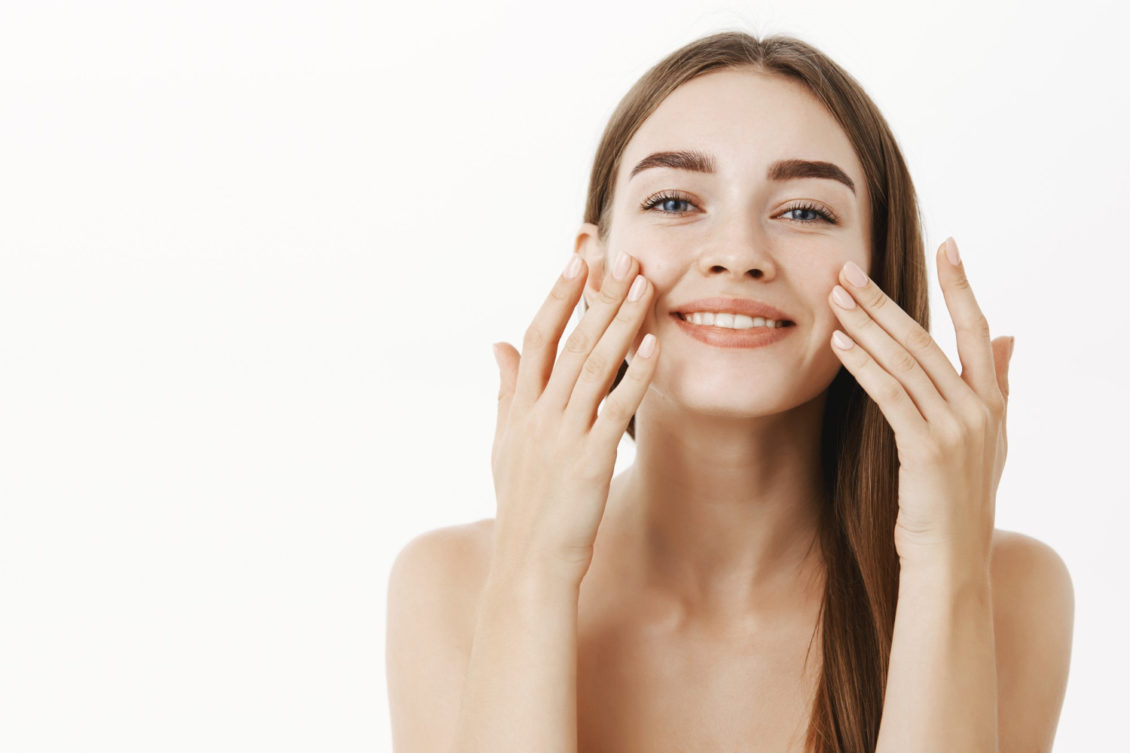In Asia, air pollution is a daily fact, we tend to look at its level on a daily basis. Many decide not to exercise outdoor when pollution is high or simply to avoid going outdoors to protect their lungs. However, Particulate Matter accumulates in our pores throughout the day and we seldom worry about our skin exposure to air pollution.
In the past decades we have learnt a lot to protect our skin from the sun and its UV light. However, our skin is also vulnerable to air pollution and the public is slowly starting to acknowledge it. Protecting our skin is important because it is the barrier to keep organisms and detrimental chemicals out of our body. If the skin is damaged, we are more prone to allergies and reactions and diseases.
Since 1998, L’Oreal started to research the effect of air pollution on skin. The latest research was published in the International Journal of Cosmetic Science and included results from Mexico and Shanghai. It was found that pollutants such as ozone, car exhaust and industrial gases all increase oxidized proteins, increase sebum production, deplete the skin of vitamin E – which prevents skin damage, and squalene – a lipid that protects the skin from moisture loss; moreover recently a link between pollution and pigmentation was also found. All these effects combined accelerate the appearance of fine lines, destroy collagen and elastin and increase the loss of elasticity.
Dr. Giuseppe Valacchi, an associate professor in physiology at the Department of Life Sciences and Biotechnology at the University of Ferrara in Italy said “It’s as if ozone were designed specifically to injure our skin”.
Similarly, Zoe Draelos, M.D., consulting professor of dermatology at Duke University School of Medicine, Durham, N.C. said “I do not think that a lot of people fully understand or appreciate the effects of the nanoparticles that are generated from either internal combustion engines, cigarette smoke or byproducts of industrial processes,”. She added, “The truth is that these can have a profound effect on the skin in terms of premature skin aging, and we as dermatologists need not only to be aware of their action but also appropriately advise our patients in how to best avoid them.”
How to protect your skin?
1. Follow a skincare routine on a daily basis
- Wash your face with the right cleanser every night.
- Use beneficial antioxidants: vitamin C and E on your skin. Many cosmetic brands have vitamin C and E products to use on your face skin, which will help repair the loss of elasticity.
- Use skin barrier repair with a pollution control moisturizer.
2. Adopt a diet that helps skin care from within
- Increase your intake of kelp, spirulina to help remove heavy metals
- Increase antioxidants in your diet with berries, peppers, greens, sweet potatoes, carrots, nuts and seeds.
- Increase consumption of live yoghurt and fermented products like kefir grains. This will help nutrient absorption and make toxin removal more efficie

